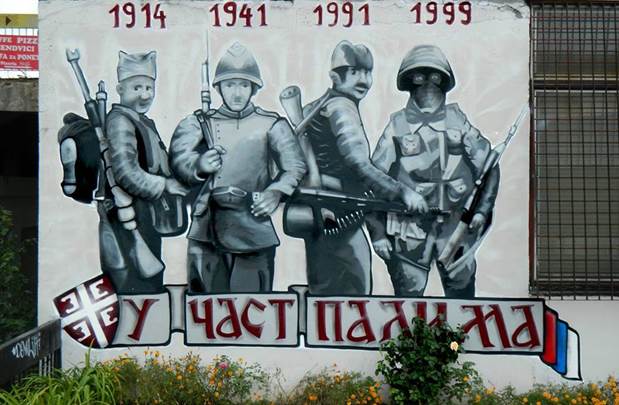Serbia stakeholder report
Due to the COVID-19, stakeholders from Serbia could not participate in the stakeholder committee meeting for Bosnia-Herzegovina and Serbia. Instead, a series of individual interviews with them were held from February 10 until March 2, 2021, in Belgrade. Since the government in Serbia largely neglects the issues of violent extremism and radicalization, interviewees were mainly representatives of civil society organizations dealing with these topics in Serbia.
The meetings were divided into two parts. The first part was a presentation of the PAVE project, including methodology, research questions, and selection of field sites, while the second part included discussion and feedback from stakeholders regarding the work packages 3 and 4: exploring ethno-nationalistic and religiously-inspired extremisms and their interconnections, and exploring the role of state and religious institutions in the process of normalization (mainstreaming) of extremist narratives in the public discourse. The participants agreed that violent extremism is not a problem of grave importance in Serbia. However, they confirmed the relevance of the project and research approach since there is a significant potential for further radicalization of (non-violent) Islamist and right-wing groups. They concurred with some of the key assumptions of the project, including “culture of extremism” (clashing war narratives, self-victimization, and construction of the Other), relations between the state, the Serbian Orthodox Church and right-wing organizations, and divisions in the Islamic community of Serbia as the most critical drivers of radicalization. The stakeholders noted the relevance of field site selection (Belgrade and Novi Pazar) as well, since these two cities were, for the most part, venues of the far-right and Islamist activities in a previous decade, such as extremism related acts of violence or foreign fighters’ recruitment (for both Syria and Ukraine).
